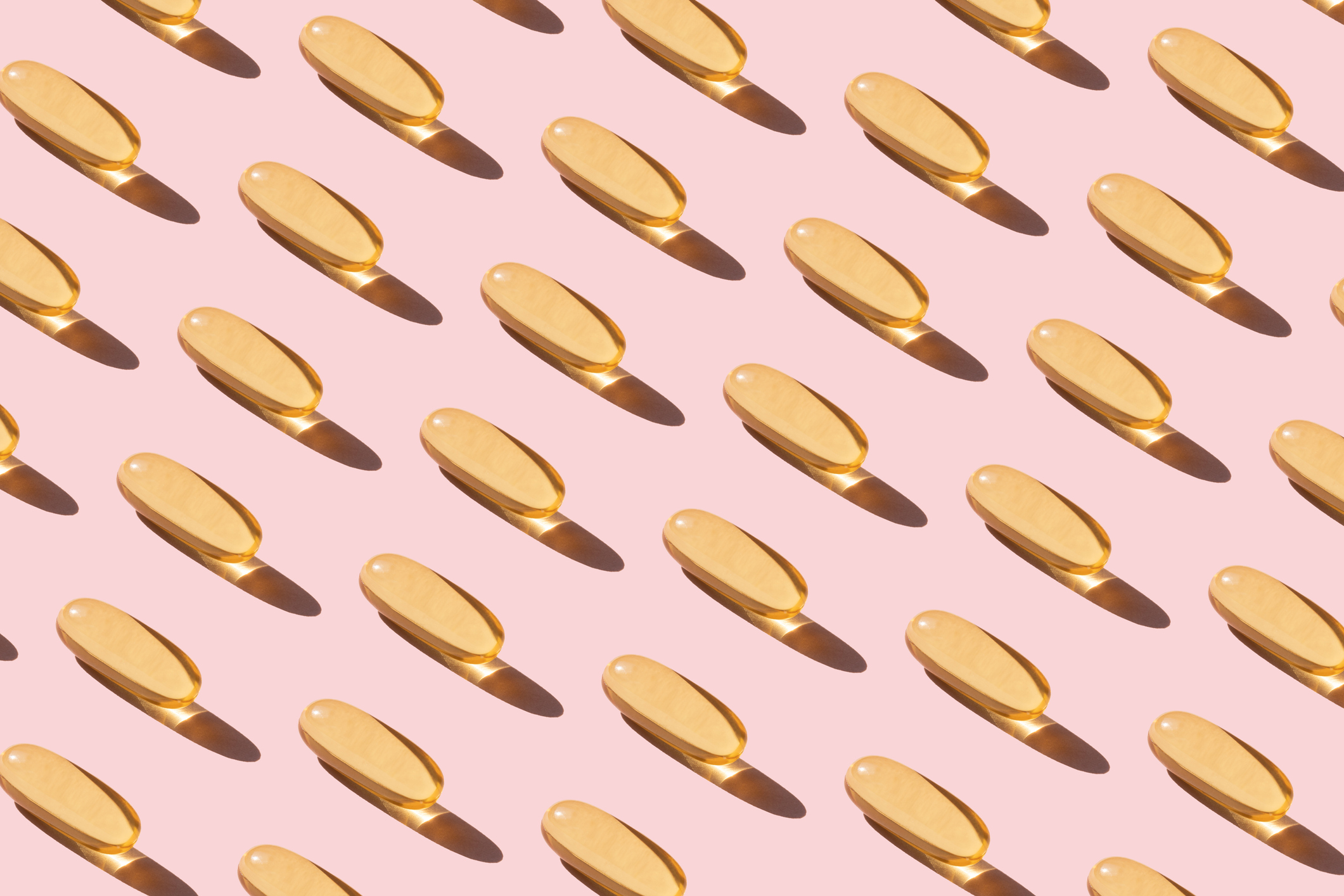
To protect himself from COVID-19, Dr. Anthony Fauci has long said he’s skipping hugs and handshakes, wearing a mask, and staying off of planes. Last week, he acknowledged adding another step to protect his health: taking supplements of vitamin-D.
“If you are deficient in Vitamin-D, that does have an impact on your susceptibility to infection,” Fauci, head of the National Institute of Allergy and Infectious Diseases, said in an interview posted on Instagram last week. “So I would not mind recommending—and I do it myself—taking vitamin-D supplements.”
However, while spurious claims that vitamin-D can prevent or treat COVID-19 have proliferated online, including some recommending potentially dangerous doses, it’s important to point out that Fauci wasn’t talking about vitamin-D helping with COVID-19 in particular. Instead, he was speaking more broadly about vitamin-D’s importance in caring for our immune system. Vitamin-D is important for our musculoskeletal health and immune function, but it’s far from clear whether boosting our intake can ward off or treat COVID-19 in particular. At this point, the National Institutes of Health says there isn’t enough evidence to recommend using vitamin-D to prevent or treat COVID-19, but it also says there isn’t enough evidence to recommend against it, either.
Some studies have found that vitamin-D can help prevent acute respiratory tract infections other than COVID-19. However, Adrian Martineau, a clinical professor of respiratory infection and immunity at Queen Mary University of London, says that analyses of these studies found that the research is inconsistent, leading to less informative results overall. “In some contexts you get protection, and other contexts you don’t get any effect at all,” says Martineau.
Other studies have looked specifically at the link between vitamin-D and COVID-19. One, published this month in JAMA Network Open, found that people with lower vitamin-D levels are more susceptible to COVID-19. However, many of these studies (including the one published in JAMA) were observational, meaning researchers simply analyzed a certain number of people over time, rather than doing direct experiments with them. That makes it impossible to rule out other variables that can play a role in a given study’s results. Indeed, many of the known risk factors for COVID-19—being Black or Hispanic; being elderly; having an underlying health condition; having a high body mass index—are also risk factors for vitamin-D deficiency.
“There are those correlations, but it hasn’t been proven conclusively that there’s a cause-and-effect relationship,” says Dr. JoAnn Manson, a professor in the department of epidemiology at Harvard University who’s testing whether vitamin-D3 supplementation can limit disease severity in patients diagnosed with COVID-19. In fact, at least one other large study, published in Diabetes & Metabolic Syndrome: Clinical Research & Reviews earlier this year, found no significant association between vitamin-D levels and COVID-19 risk.
Experts say we need more rigorous scientific studies to test vitamin-D’s potential to help prevent COVID-19 as well as its effect on patients who already have it. Dr. John Adams, director of Orthopaedic Hospital Research Center and a professor at University of California, Los Angeles, is working on the latter: in an upcoming clinical trial, Adams plans to give coronavirus patients a drug containing the active component of vitamin-D3 (one variety of vitamin-D), with the aim of boosting their immune system much faster than would be possible by taking vitamin-D on its own.
While it’s important to get enough vitamin-D (view the National Institute of Health’s recommendations here), it’s vital that people don’t overdo it. The NIH warns that taking too much vitamin-D can be toxic, potentially causing a build-up of calcium in the blood, which can negatively affect their brain, muscles, heart, and more. Some people may be at greater risk for this, including patients with sarcoidosis. Furthermore, just because a supplement is available at the local drug store or online doesn’t mean it’s safe. Regulation of dietary supplements in the U.S. is infamously lax, which some experts believe leaves consumers vulnerable. For example, A. Catharine Ross, professor of nutrition and physiology at Pennsylvania State University, points out that there are manufacturers selling “purified” vitamin-d that contains more than double the daily recommended amount. “So some manufacturers are, knowingly, not playing safe with the public,” Ross says.
How should people think about their vitamin-D intake during the pandemic? For starters, don’t view it as a silver bullet protecting you from COVID-19—there’s simply not enough scientific evidence for that. But if you’re one of the many Americans with insufficient vitamin-D levels, it may be a good idea to increase your intake—if not to protect yourself from the virus directly, then at least to improve your health more broadly. The best way to increase your vitamin-D levels is to eat more foods with a high amount of vitamin-D, like mushrooms and fatty fish. Then, make sure you’re getting enough sunlight (this doesn’t mean sunbathing or skipping the sunscreen)—especially if you’re in the northern hemisphere and the days are getting shorter.
That said, people at risk for vitamin-D deficiency who can’t get enough through food or sunlight alone it might be reasonable to take supplements, says Manson. “Everyone should avoid being vitamin-D deficient, and everyone should be trying to get their blood level up to at least what’s considered a healthy level of vitamin-D,” says Manson.
More Must-Reads From TIME
- The 100 Most Influential People of 2024
- Coco Gauff Is Playing for Herself Now
- Scenes From Pro-Palestinian Encampments Across U.S. Universities
- 6 Compliments That Land Every Time
- If You're Dating Right Now , You're Brave: Column
- The AI That Could Heal a Divided Internet
- Fallout Is a Brilliant Model for the Future of Video Game Adaptations
- Want Weekly Recs on What to Watch, Read, and More? Sign Up for Worth Your Time
Contact us at letters@time.com